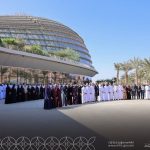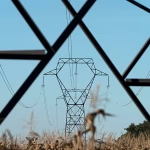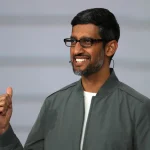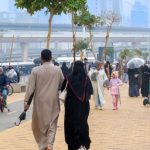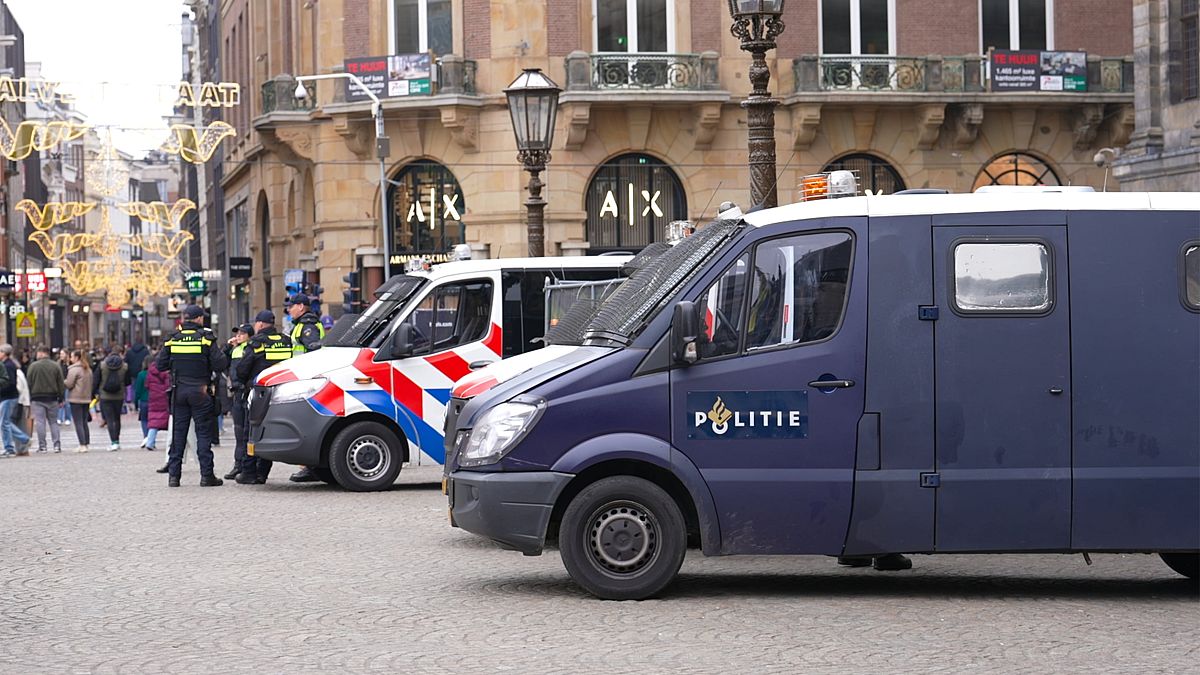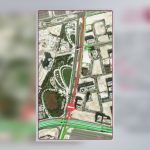Tensions erupted in Amsterdam last Friday following a UEFA football match, with European leaders condemning the violence. Ahead of a UEFA Nations League match between France and Israel in Paris, echoes of the clashes in Amsterdam remain. The clashes sparked international outrage and added to the already existing tensions between Israeli and Pro-Palestinian communities. Reports suggest that violence began a day prior to the game, with Maccabi Tel Aviv supporters instigating tensions by setting a Palestinian flag on fire on Dam Square. The police reported clashes between Israeli fans and taxi drivers from Amsterdam, resulting in a Maccabi supporter being pushed or jumping into the canal.
On Thursday, skirmishes continued between Maccabi supporters and opponents on Dam Square in Amsterdam. Videos emerged showing Maccabi supporters chanting slurs and disrupting a one-minute silence before the match. Despite efforts to de-escalate, tensions rose again after the game, leading to serious assaults targeting Israeli supporters. Social media posts showed groups chasing, verbally and physically attacking Maccabi fans, and throwing fireworks at each other. 62 arrests were made, and five supporters were hospitalized and later discharged. Both Israeli and Dutch Prime Ministers condemned the attacks, labelling them as antisemitic.
Many leaders linked the violence in Amsterdam to the anniversary of Kristallnacht, a pogrom against Jews by the Nazis. Jewish Dutch volunteer Daniella Coronel expressed her fear for growing antisemitism in the Netherlands and the challenges faced by the Jewish community. Board member Jair Stranders noted the weaponization of the term ‘pogrom’ in dividing communities, emphasizing the importance of responsible leadership to prevent further escalations. Targeted attacks were reported on both pro-Palestinian supporters and Israelis based on their identities, raising concerns over rising tensions between the communities.
Palestina activist Roos Ykema highlighted the fear faced by the Pro-Palestinian community due to targeted racist attacks, calling for the Dutch government to ban the match with Israel following ongoing war in Gaza. Protests near the stadium were prohibited, leading to further tensions. Ykema criticized the ban on protesting under the pretext of antisemitism, highlighting the importance of peaceful demonstrations as a human right. Journalist Bob Sneevliet pointed out vital mistakes made by local authorities leading up to the violence, suggesting that the ban on demonstrations and allowing Maccabi supporters to roam freely created conditions for the clashes.
In response to the violence, Amsterdam Mayor Femke Halsema imposed a three-day ban on demonstrations and gave police additional powers. Despite efforts to prevent further escalations, tensions between communities persisted. The incidents in Amsterdam shed light on the underlying issues between the Israeli and Pro-Palestinian supporters, calling for responsible leadership and peaceful dialogue to address the root causes of the conflict. The aftermath of the clashes highlighted the need for a balanced approach in addressing the grievances of both communities, promoting tolerance and understanding to prevent further escalations.


